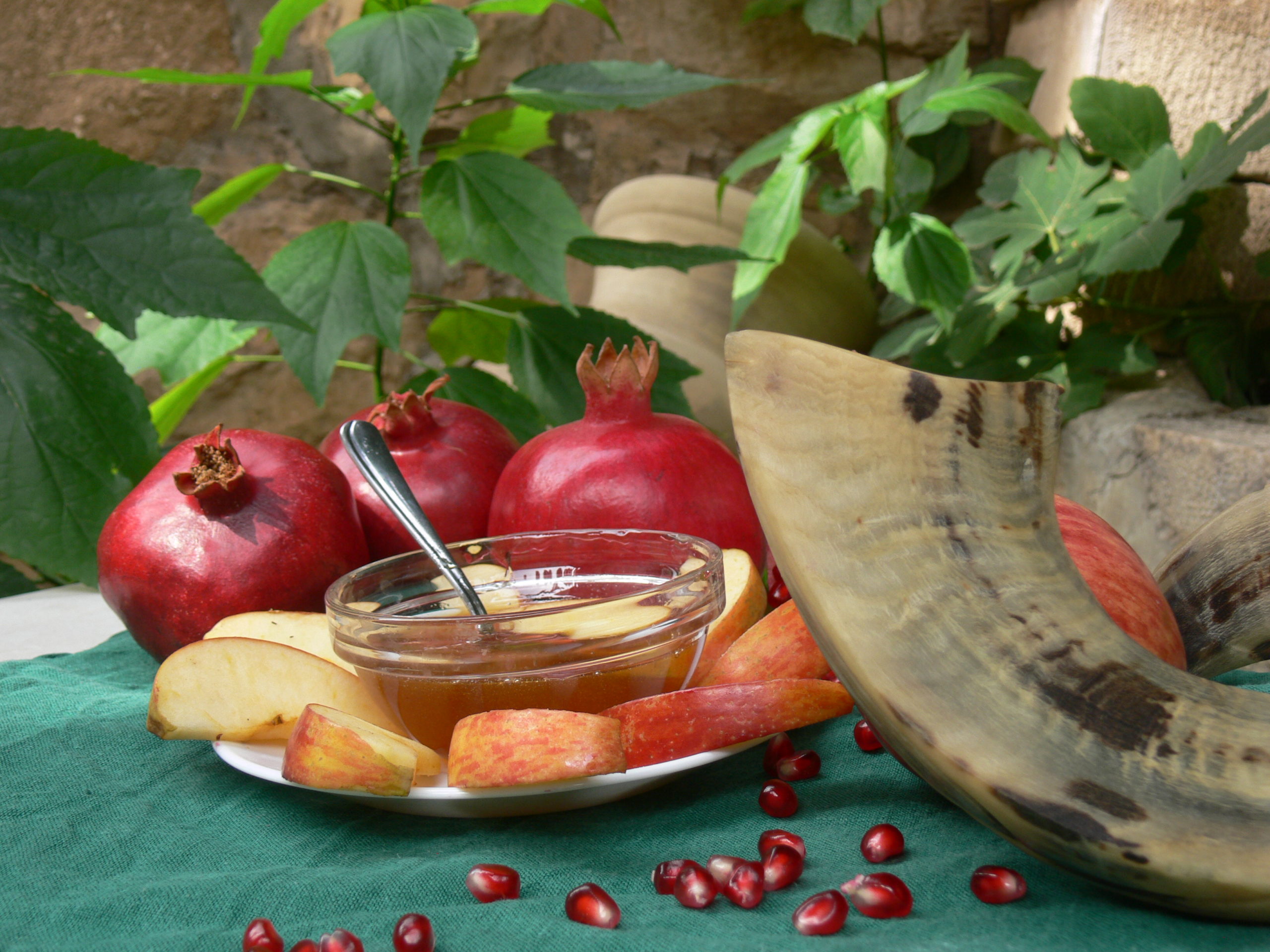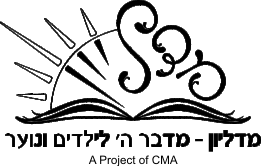
The markets are full of people buying apples, honey, beets, carrots, pomegranates, heads of fish, lamb and all the other ingredients needed to prepare the big feast for Rosh Hashanah, the Jewish new year. In the Mishna, in the chapter on the New Year, it is mentioned that there are four new years in the year:
- The 1st of Nisan (around April)- the new year of the king.
- The 1st of Elul (around August)- The new year of the tithing from the animals
- The 1st of Tishrei (around September)- the new year for the years, the vegetables and the planting.
- The 1st of Shvat (around January)- The new year of the trees.
So the 1st day of the month of Tishrei, the seventh month (Leviticus 23:24), has become the time when the Jewish people celebrate the changing of the number of the year, this year it is 5782 (counting from creation). It is a time in which they bless each other with the blessing of: ‘Shana Tova’ – Have a good year or ‘gmar Hatima Tova’– may you have a good signature in the Book of Life. The whole family comes together for a great feast that includes many different dishes and blessings that come with them:
- Apples and Honey – so that you might have a sweet year
- Pomegranate – so you have a fruitful year like the number of the seeds in the pomegranate
- Beets – it is a play on words – that our enemies will depart from us
- The head of a fish – so we will be a head (leaders) and not a tail (followers)
And the list goes on and on.
It is actually a real fun time and the traditions are beautiful. It is also a great family time!
That is Jewish tradition. It is not Biblical.
Leviticus 23:23-25 it is written:
“The Lord said to Moses, “Say to the Israelites: ‘On the first day of the seventh month you are to have a day of Sabbath rest, a sacred assembly commemorated with trumpet blasts. Do no regular work, but present a food offering to the Lord.’”
Then in Numbers 29:1-6 there is a description of the offerings that needed to be sacrificed to the Lord in the temple on that day.
Sacrifices and the blowing of the trumpets were an issue of routine in the temple on the first day of each month. But on that day, the whole nation had to stop their daily way of living. It is written that they were not allowed to work, and were to gather together to hear the reading of the Word of God (the sacred assembly- since most people did not have a Bible at home). So why is the seventh month different than all the rest of the months?
Leviticus 23:1-2 states:
“The Lord said to Moses, “Speak to the Israelites and say to them: ‘These are my appointed festivals, the appointed festivals of the Lord, which you are to proclaim as sacred assemblies.”
God sets up appointments with us to spend time with Him. If it be a weekly appointment (the Sabbath) or annual ones (the holidays). He wants us to remember that He is the center of everything in this world, and that we are here to glorify Him, the creator of the universe, and put Him first in everything.
If we look at the Biblical holidays in Leviticus 23 we see that it is a journey God has taken us through to see His way of salvation, and the Feast of Trumpets is one of the stops on this journey. But this is for another time.
So, next week we will sound the shofar, the ram’s horn, to remind us of Jesus, our Savior’s, impending return, to take back all those who believe to His eternal resting place, in His presence.

